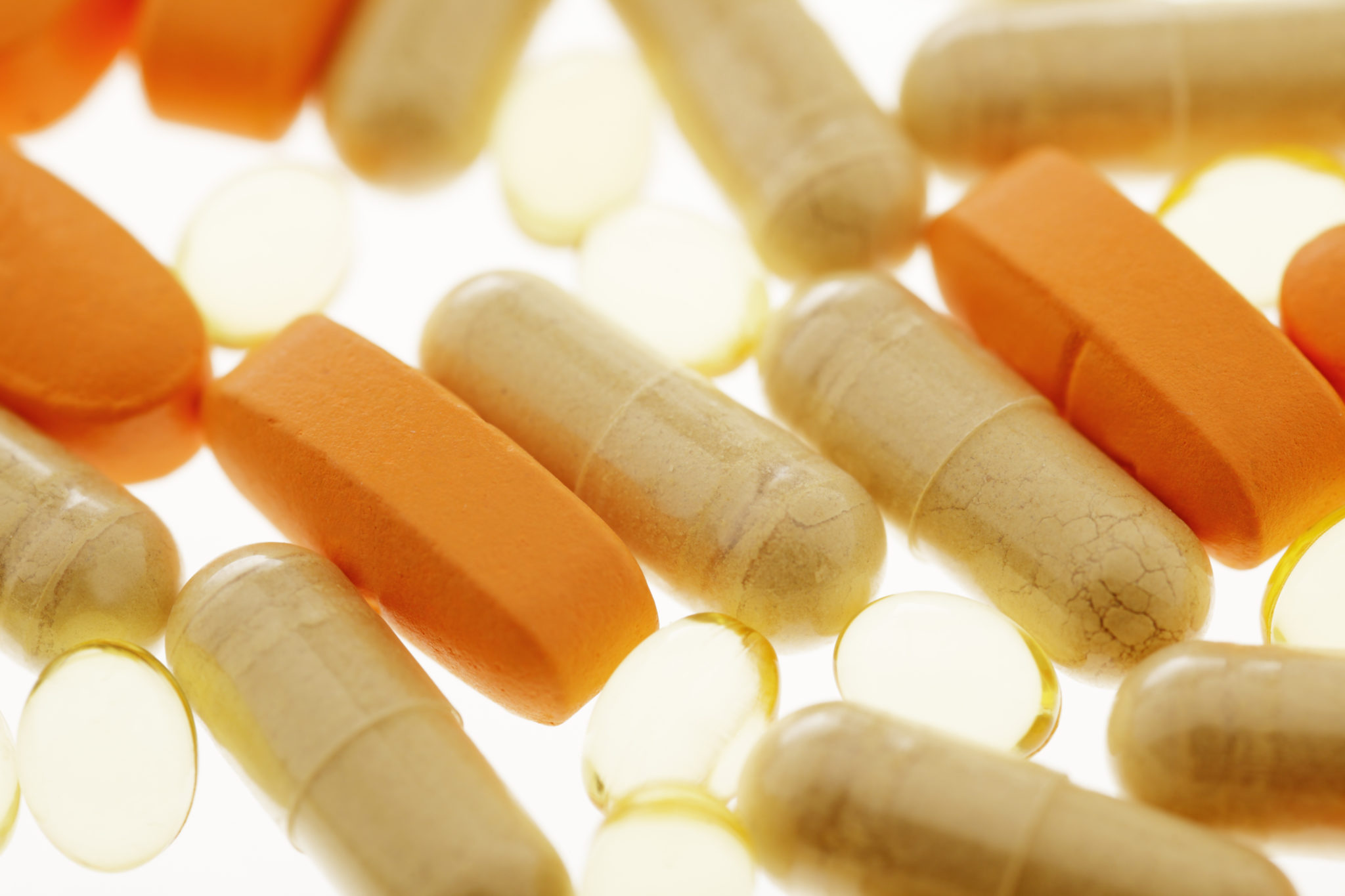What's in a name? Help your medicine go down well with consumers and regulators
Published on 25th November 2020
The choice of the right brand name for a medicine or pharmaceutical product is essential for establishing a lasting market position

A successful brand name for a pharma product could very well end up being more valuable than the patented product itself. A patent will eventually expire, leaving a brand's name in open competition with the rest of the market, identical non-branded equivalents. Your brand name will be the residual pull factor to encourage the public to continue to choose the original product and a successful brand can regularly charge a high premium over market competitors.
The generic name of the medicine is the name of the active ingredient in that medicine (where there is only one active ingredient), for example, Ibuprofen. A brand name (for example, Nurofen) is invented and must comply with national and international rules before it can be used to officially refer to a medicine.
In the UK, the Medicines and Healthcare products Regulatory Agency (MHRA) assesses each brand name in conjunction with the medicine or medicinal product that it is proposed to refer to in order to determine their suitability and compliance with various principles and regulatory requirements.
Obtaining brand name approval is a complex process from both a trade mark and regulatory perspective, with added market considerations around trade marks, regulatory hurdles and its appropriateness.
Trade mark applications
It is advisable to consider pre-existing registered rights when deciding on a brand name. Clearance searches (searching trademark registers for identical or similar names) can help you identify conflicts that could be an obstacle to a proposed product name.
There are also limits as to what can be registered if trade marks are descriptive and/or non-distinctive. Applications for trade marks should be filed as early as possible to secure a filing date whilst regulatory approval is on-going.
Regulatory hurdles
New brand names (or proposed invented names) need approval from the MHRA for the UK market and separately the European Medicines Agency for the EU market. The MHRA's guidance explicitly states that obtaining a trademark for the proposed invented name is not considered justification alone for accepting a proposed invented name.
The MHRA assesses brand names in the context of safety considerations to determine whether the proposed name is suitable. It sets out a number of criteria based on public health concerns that an applicant must navigate. These include the setting for the dispensation and use of the product, as well as the status or classification of the product (such as whether it is prescription controlled or freely accessible to the public).
The criteria aim to avoid any potential confusion (in print, handwriting or speech) with another medicinal product, both in the local market and against the international non-proprietary names of medicines recommended by the World Health Organisation. The invented name must also not convey misleading therapeutic and/or pharmaceutical connotations, so, for example, the indication of the strength by words such as “forte” or “strong” should be avoided.
There are further restrictions for non-prescription medication. For example, "fast acting" or "express" (or derivatives, such as Xpress) or any other terms indicating a quick or fast onset of action can only be included in a name where such a claim is supported by data. In addition, it must be relevant to the indication for which the product is being marketed (for example, with an onset of action in less than 30 minutes from oral administration). The terms "PLUS" or "Extra" (or derivatives, such as Xtra) can only be included in a name where the product contains an additional active ingredient which confers a "synergistic or additional therapeutic action or benefit". Similarly, indications of flavour can only be used if they are identified appropriately, in order to avoid misleading consumers.
The MHRA approval process for a new medicine with an unapproved name can be lengthy, as the regulator thoroughly assesses the medicine to ensure that the name allows it to be taken safely and correctly. Depending on the procedure used, the MHRA's assessment of an application for a marketing authorisation can take over six months.
Market appropriate
International life sciences companies will also want to find a name for their product that is appropriate for a number of markets and can be used in a variety of languages. The last thing you want is for the name of your new product to accidentally cause offence when translated or applied to different cultures!
It is also understandable to want to find a name that is descriptive or implies something about the pharmaceutical product. This will provide a business with a brand name that has more inherent value, but will inevitably make regulatory approval even more complex. For instance, descriptive names must still comply with the restriction on misleading connotations. The symbolism or onomatopoeic qualities of sounds can be used to retain consumer enthusiasm. Even the hardness or softness of syllables used can be targeted to generate male or female consumer appeal.
The naming challenge
These complexities make the naming process a particularly challenging procedure. It is not unusual to start with a number of candidates for names and to then funnel down to the eventual winner. Please contact one of our specialists below or your usual Osborne Clarke contact to discuss how we can assist you with getting your medicinal product to market.



